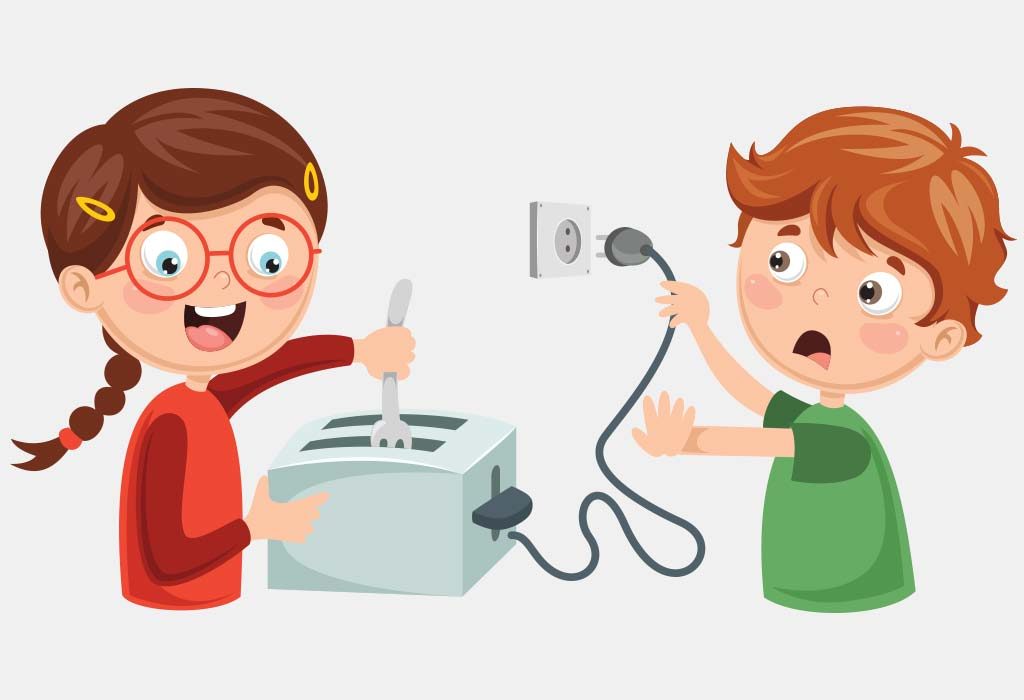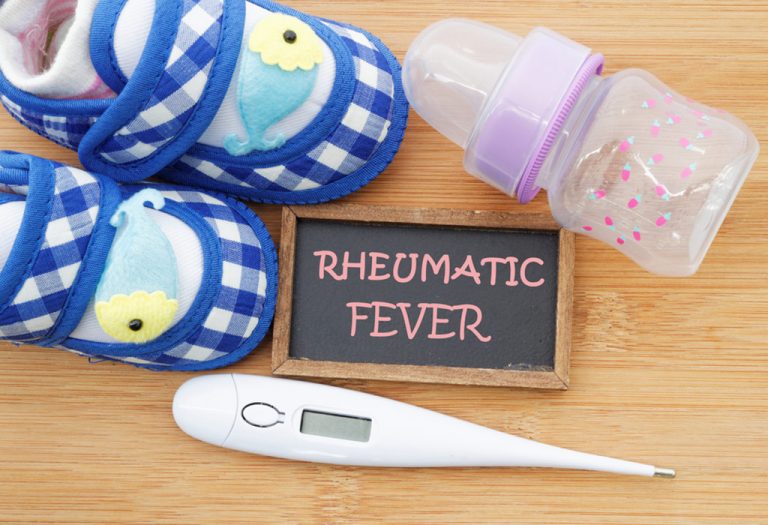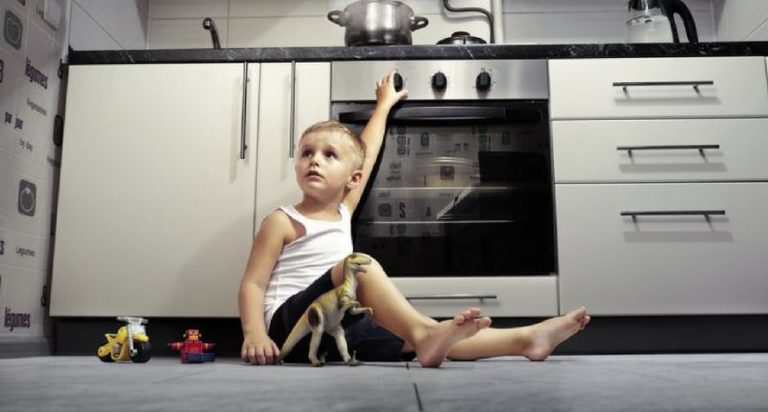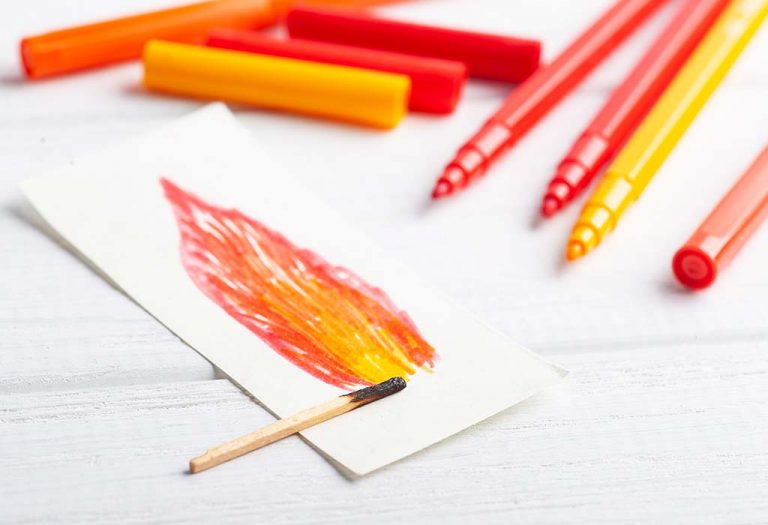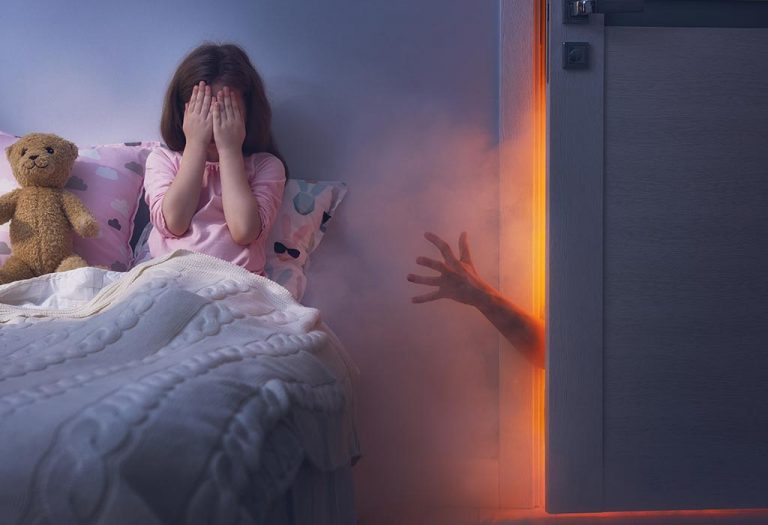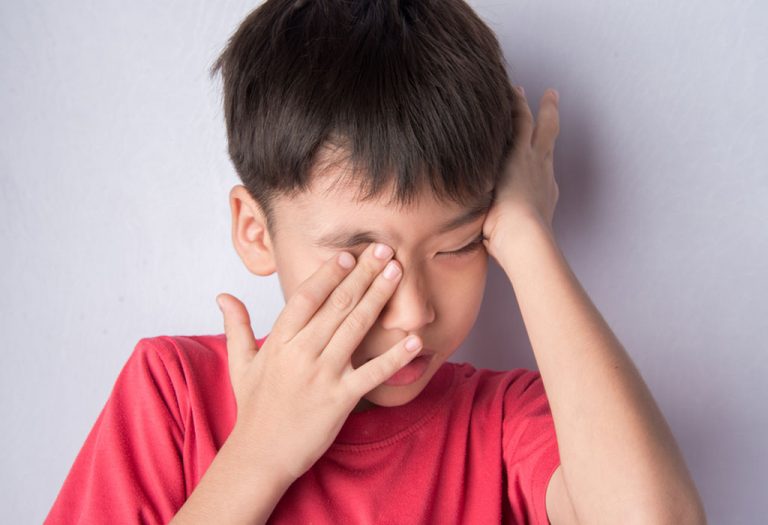Electrical Safety for Kids – Keep Your Child Away from Shocks
A good natural part of learning in the early lives of children is based on curiosity. But it can also prove to be dangerous when it comes to electricity! Teaching children about electricity and electrical power can keep them away from harm. In this article, we cover in depth how to keep your precious little one away from electrical hazards and allow them to be their creative best.
Dangers of Electricity for Children
Some of you might have come across a situation where you feel a shock when you touch the doorknob or another person. What you experienced was shock from static electricity. An actual electric shock is very painful and can even result in death.
- Electricity can cause severe burn injuries, fatal shocks and even death.
- The muscles in the body get tightened up and cause choking making it difficult for the child to breathe.
- It causes the heartbeat to get disrupted which in turn constricts the blood vessels.
- Electricity if not handled properly has the potential to cause severe internal damage many hours later after experiencing the shock.
All these seem scary but they can be avoided will a little bit of knowledge and care.
Electricity Safety Tips for Kids
Human beings are a good conductor of electricity which is why electricity flows easily through our body. Our body is made up of 70% water and electricity is known to move quickly through the water. One more fact to remember is that electricity will always try to find the easiest path to the earth or ground. Look at the points below to keep your child safe.
At Home Safety
The home is the place where curiosity is at the peak for the children. Learn more about the electricity safety rules for kids when they are at home.
- Never let them stick their fingers or any other object into the electrical outlets or allow them to light bulbs.
- Baby proof the small appliances like toasters even if they are not in use and switched off.
- You should never use any electrical appliance near the sink, bathtub or any other sources of water.
- Keep electrical cords away from sinks, bathtub or any other sources of water. Apart from causing shock they are a choking hazard for your child.
- You should always dry your hands before you touch any electrical appliance or device, such as a light switch or toaster hair dryer.
- Do not pull out the electrical plug out of the socket by pulling away its cord.
- Keep your electrical appliances switched off and unplugged when you are cleaning an electrical appliance.
- Replace worn, torn or any damaged cord immediately to prevent getting shocks.
Outdoor Safety
Outdoors are the best place for children to set on their exploration missions. Keep those busy hands safe from electrical shocks.
- Climbing trees are fine as long as they are not near power lines or they have power lines running above them. If your children love flying kites, make sure they are pretty much away from the power lines. In case the strings get entangled, the electricity from the power lines can run through the strings causing burn injuries or shocks.
- Swimming should be avoided during electrical storms. Do not touch any electrical appliance if you are wet or in the swimming pool or standing in the puddle.
- Do not remove anything entangled on the power line, instead call for help from the electrical board office.
- Never touch wires that have broken and are lying on the ground. Maintain a safe distance from such live wires to prevent getting electrocuted.
- Avoid going near electric substations and do not climb over the fence that surround the substations.
- Do not throw objects likes shoes or sneakers or any other material on the electric power lines.
- Do not hang any banners or signages on electric utility powerlines or poles.
- If you see anyone getting an electric shock, call for help immediately. Do not touch the person.
Other Electrical Safety Tips for Children
It only takes a small mistake to start an electric fire but with these simple prevention tips you can find effective solutions to this problem.
- Keep clothes and other combustible items away from big electrical appliances.
- Keep the power chords in good health. Replace them immediately if you notice any wear and tear.
- If your child is playing with any electrical toy ensure that he is atleast 10 feet away from wet surface or water.
- Never fly remote controlled airplanes or helicopters near overhead power grids or lines. Play with them only in the open spaces such as fields or parks.
How to Teach Kids about Electric Safety?
Your little explorer is ever too busy, so it is really not too early to teach them about electrical safety.
- Set aside a family meeting time to start the discussion.
- Use of activity sheets or books is a nice way to get them interested in the topic of electrical safety and help them learn about it. You can teach them using interactive videos as well.
- To give them a hands-on lesson, buy an inexpensive chord and cut them into pieces to demonstrate what is inside the chord builds up their curiosity. Gradually you can let them know what is electricity and a circuit breaker.
- Show them how the sockets are covered with plastic plugs for electrical plug safety.
- Once you feel confident that they have learnt about the safe use of electricity assess them by asking questions.
- Use positive reinforcements to demonstrate the positive learning take-away from the project.
First Aid for Electric Shock in Kids
In the unlikely event of experiencing an electric shock follow the below mentioned steps till help arrives:
- Turn off the source of power if possible otherwise remove it away using a piece of cardboard, wood or plastic.
- Begin CPR if you do not see any movement in the child.
- Try to prevent the child from becoming chilled.
- Apply a bandage to cover any burned areas.
Remember to always use electric socket covers for child safety and child safe electrical outlets when you have little children at home.
Also Read:
Fire Safety Tips for Kids
Essential Safety Rules for Kids At Home
Important Road Safety Rules to Teach Your Children


